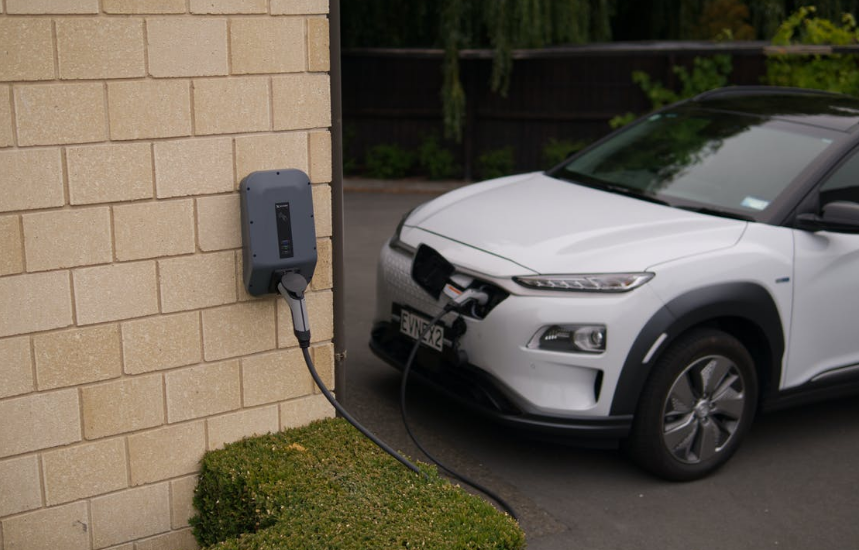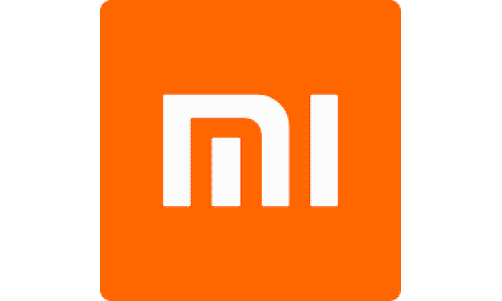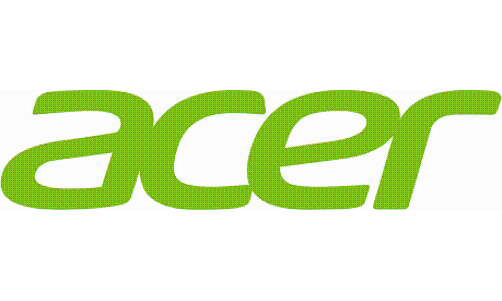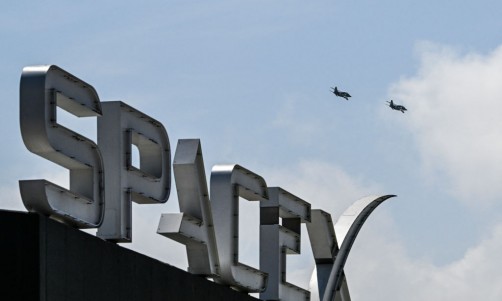A brand new survey that was conducted by the global auditing and accountancy firm Deloitte showed that Australians actually have very little desire to go electric.
Out of over 1000 local buyers that participated in the survey, only 4 percent of them noted that they would be looking into buying a fully-electric vehicle.
EVs Premium Price, a Turnoff?
According to the story by News.com.au, Audi, Mercedes-Benz, Jaguar and BMW reportedly all have electric vehicles on sale. However, the sales are said to be slow. Deloitte's research reportedly shows just how much of an actual uphill battle it would be in order to make this new type of technology popular over in Australia. There were a number of issues reportedly identified, including the premium price as well as the general lack of charging infrastructure around.
As of the moment, the cheapest electric car that is on sale is the MG ZS EV small SUV, which is Chinese-built and is also priced at a whopping $43,990. This undercuts the whole competition by almost a whopping $10,000, but it is still expensive compared to the $11,500 more expensive compared to the priciest MG ZS which is petrol-powered.
Survey Results
The 4 percent interested in EVs compares with the other 70 percenty who would reportedly be looking for a conventional diesel or petrol vehicle and the 18 percent looking for a hybrid vehicle. During the first two months of the year, electric cars made up just as small as 0.3 percent of the new car sales. This was according to the data gathered by the Federal Chamber of Automotive Industries.
The figure, however, doesn't actually include Tesla sales. This is because the US EV maker refuses to publicly report its sales numbers to the industry body. As of the moment, MG, Nissan, and Hyundai are currently among the mainstream brands offering electric vehicles. Mitsubishi, however, already has a plug-in hybrid while both Kia and Mazda plan to be launching their very own EVs some time soon. Ford also reportedly has a plug-in planned for some time later this year.
Read Also: Tesla Model 3 Now Reigns as the Top-Selling Car in California After Beating the Honda Civic
Expensive Charging Could be a Turnoff
The most expensive electric vehicle is the Porsche Taycan Turbo S price at $366,000. Charging infrastructures, as of the moment, is still not widely available around Australia and thus can be quite expensive. Some time late last year, Tesla had decided to raise the price of its very own Supercharger network by a whopping 24 percent. This price hike then meant that it is now more expensive to be able to fast-charge Teslas in comparison to refill some of the other petrol-powered rivals.
The analysts over at EVCentral.com.au even showed that it would actually cost $9.78 per 100kms or around 60 miles in order to run the basic Tesla Model 3 if it was being charged exclusively through the company's Supercharger network. This would also compare poorly to the petrol powered machines like the BMW 330i at just $8.00 per 100km or 60 miles and the other hybrid-powered Lexus IS350h at just $6.76.
Related Article: Honda S800 Engine Revs Up to 9,500 RPM-- It Uses Air Instead of Oil Pressure














